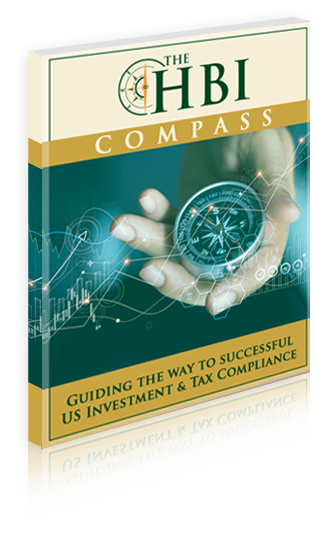As we look ahead to tax planning in 2025, it’s crucial to understand the recent changes in tax laws and how they will influence both individual and business planning strategies. Let’s delve into the significant adjustments and their implications.
Updates to Standard Deductions and Tax Rates
One of the most notable changes in tax laws for 2025 is the increase in standard deductions. Single taxpayers and married individuals filing separately will see a rise to $15,000, while married couples filing jointly will have a standard deduction of $30,000. Heads of households will benefit from a deduction increase to $22,500. Alongside these increases, marginal tax rates remain steady, with a top rate of 37% for high earners, allowing for consistent planning strategies. Our clients at HBI can optimize their tax positions by strategically timing income and deductions to capitalize on these thresholds.
Impact on Alternative Minimum Tax and Earned Income Credits
The alternative minimum tax (AMT) exemption amounts have increased to $88,100 for unmarried individuals and $137,000 for married couples filing jointly. This change necessitates a careful reevaluation of tax liability for those previously in AMT zones. Additionally, the earned income tax credit amount sees an uptick for those with three or more qualifying children, promoting further support for qualifying families. It’s vital for eligible clients to explore these credits for maximum benefit.
Adjustments in Benefits and Contributions
For employees and businesses, changes in benefits and contribution limits have implications for planning. The qualified transportation fringe benefit and qualified parking limits have increased, offering potential savings on commuting costs. Additionally, health flexible spending arrangements allow for higher contributions and carryover amounts, providing more flexibility in managing healthcare expenses. As a full-service CPA firm, HBI advises clients to review and adjust their benefit packages and contributions to align with these new limits.
Foreign Earned Income Exclusion and Estate Tax
International clients will be affected by the increase in the foreign-earned income exclusion to $130,000, providing potential tax relief for expatriates and foreign investors. In estate planning, the basic exclusion for estates has risen, which impacts strategies around wealth transfer and estate management. At HBI, we’re equipped to guide our clients through these international and estate-specific changes to minimize their tax liabilities effectively.
Planning for Unchanged and Phased-Out Provisions
While new changes are noteworthy, it’s also important to acknowledge provisions that remain unchanged, such as personal exemptions and itemized deduction limitations. The persistence of the 0 personal exemption and unchanged lifetime learning credit thresholds means certain planning strategies from previous years remain relevant. HBI continually evaluates these areas to offer strategic advice that reflects current and non-adjusted tax laws.
As we approach 2025, individuals and businesses face a dynamic landscape of tax regulations. Planning ahead is crucial to maximize tax efficiency and achieve financial goals. HBI is dedicated to staying at the forefront of these changes in tax laws, providing our clients with proactive advice and tailored solutions. Whether it’s optimizing deductions, leveraging credits, or adjusting to new benefits limits, our team ensures you are prepared for what’s ahead in the 2025 tax year. Through continued investment in technology and expertise, HBI is your trusted partner in navigating the complexities of U.S. and global tax matters. Contact us today to get started!



